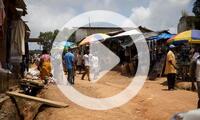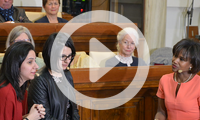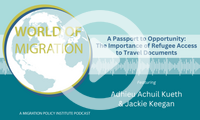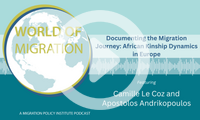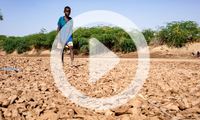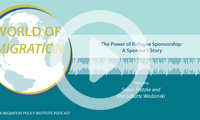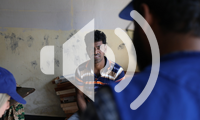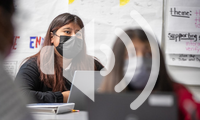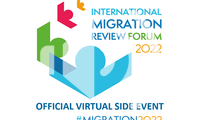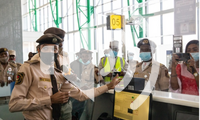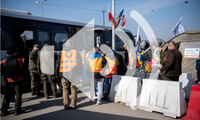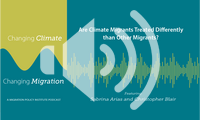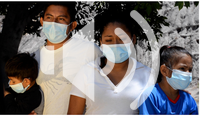Multimedia
Experts and practitioners in migrant-origin and destination countries examine how to leverage predeparture counseling for sustainable reintegration of returnees in this conversation marking the release of a related MPI Europe policy brief that explores promising approaches to strengthen the links between the predeparture and post-arrival phases in reintegration programs.
Marking the release of a report examining the assessment of English Learner (EL) students after pandemic-induced disruptions, this webinar examines ELs’ learning experiences during the 2020-21 academic year and their performance and participation in statewide testing, and how schools are using data to inform interventions and instruction this year.
Organized on the margins of the first International Migration Review Forum, this official side event looks at effective practices and programs to build socially cohesive and inclusive societies—including lessons from post-conflict settings on how to build intergroup trust. Discussants focus on successful development interventions and offer examples of why some promising ideas may have fallen short in practice.
Marking the launch of an IOM-MPI report, this webcast examines the state of mobility across world regions into the third year of the COVID-19 pandemic—what travel restrictions remain, what policy adaptations have occurred, and how do systems improve for the next public-health crisis.
Experts consider what is known about public opinion and narratives on refugees, looking at the Ukrainian and Syrian crises, and how post-crisis solidarity can be harnessed towards sustainable protection.
Experts on this webinar examined the scope and reality of skills shortages and the role of immigrants in the U.S. labor market, ways to address the underemployment of highly skilled immigrants, and how immigrants and immigration policy can be used to fulfil needs in the education sector, STEM occupations, and other skills needs.
Do host communities respond differently to people migrating because of environmental impacts compared to refugees fleeing war or migrants seeking work? Research discussed on this episode of Changing Climate, Changing Migration suggests the answer is yes.
This event explores changing migration patterns from Guatemala, how policymakers and development practitioners can help create livelihood options and address other drivers of migration, and the broader lessons for policy approaches in sending and receiving countries that could help better manage migration and provide alternatives to irregular migration.


